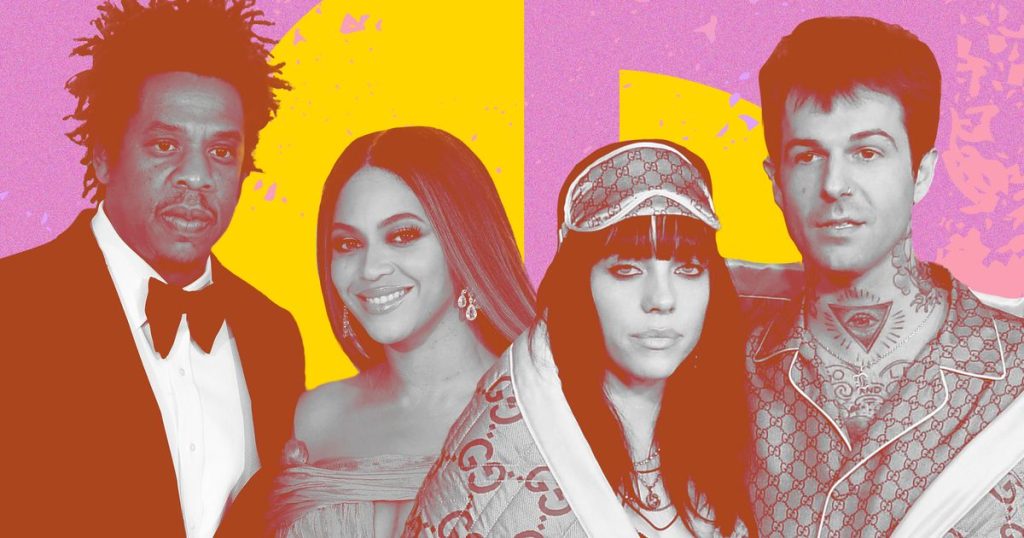The ethics of age gaps in relationships are a hot topic among Gen Zers, with discussions ranging from 5-year to 3-year age gaps being potentially untoward. The influence of the #MeToo movement has increased awareness of power dynamics and consent in relationships especially when it comes to celebrities like Aoki Lee Simmons and Vittorio Assaf, or Aaron Taylor-Johnson and Sam Taylor-Johnson. Arguments against age-gap relationships often point to developmental differences and the potential for exploitation based on power imbalances.
Research has shown that age-discrepant couples have faced stigma and social disapproval for their relationships for decades, with Gen Z now being more vocal about their disapproval on platforms such as Instagram and TikTok. The younger partner in these relationships, often perceived as the victim, is now the focus of criticism rather than the one accused of exploitation. The term ‘grooming’ is frequently used, sparking debate over what constitutes grooming versus a consensual age-gap relationship.
Gen Zers have various opinions on age gaps, with some like Layla preferring to date within their age group to avoid differences in life experiences. Mona, on the other hand, sees age gaps as potentially predatory, even questioning her own parents’ 11-year gap. Rei believes age gaps can exist in healthy relationships and sees them as normalized within the queer community, while Amelia feels the discomfort with age gaps stems from the paternalistic need to protect women rather than empowering them to make choices for themselves.
Critics of age gaps often cite concerns about power dynamics, exploitation, and oversexualization, particularly in online spaces where younger individuals may be vulnerable to manipulation. The impact of the #MeToo movement and increased awareness of consent has heightened scrutiny on age-gap relationships among Gen Zers. However, research suggests that these relationships can also exhibit equity and mutual respect, challenging the assumption that all age-gap relationships are inherently exploitative.
Ultimately, the consensus among those interviewed is that consenting adults are free to choose their partners, even if others find the age gap off-putting. While concerns about exploitation and power imbalances are valid, there are examples of healthy age-gap relationships. The discussion around age gaps reflects a broader conversation about consent, power dynamics, and societal norms, with Gen Z navigating these complexities with nuanced perspectives and personal experiences shaping their views on relationships.


